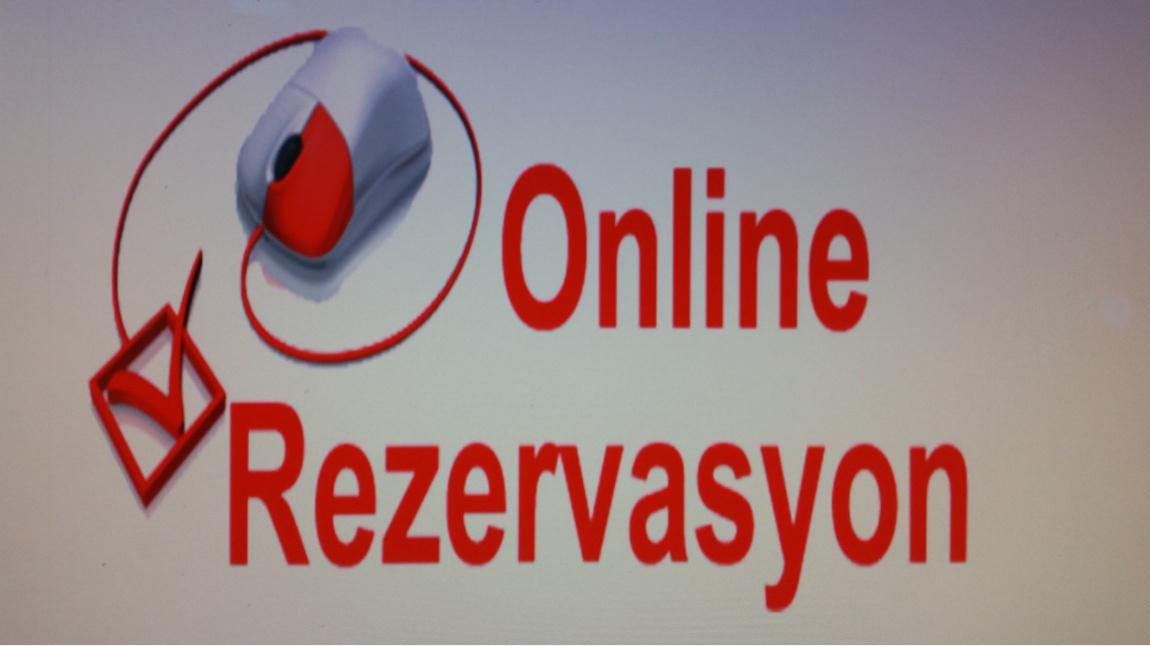How Does Digital Booking Work?

How Does Digital Booking Work? The online reservation system operates through the following process:
-
Integration with hotel infrastructure systems: The digital booking software functions in harmony with the hotel's PMS (Property Management System). Through this synchronization, room availability, pricing, and reservation details are automatically updated simultaneously across all platforms including the hotel website, OTAs (Online Travel Agencies), and front desk systems. This prevents manual entry errors, enhances operational efficiency, and provides consistent information to guests across all channels.
-
Guest availability search: Visitors access the hotel website and input their desired stay dates, room preferences, and other requirements. The system checks room availability through real-time data from the PMS and presents the most current status to the guest.
-
Displaying rooms and rates: The platform lists available room categories, their corresponding prices, applicable promotions, and additional services offered by the hotel. To assist guest decision-making, room photographs, descriptions, and previous customer reviews are also accessible.
-
Reservation selection and customization: Guests choose their preferred accommodation and may optionally add supplementary services to their booking. Available discounts or loyalty points can be applied before proceeding to payment. At this stage, transactions can be completed using credit cards, digital wallets (Apple Pay, Google Pay), or other payment methods supported by the hotel.
-
Reservation confirmation: Once payment is completed, the booking is automatically processed into the PMS system. The hotel's room inventory is updated, and this information is instantly shared across all platforms. Simultaneously, reservation details are sent to the guest via email or SMS, completing the confirmation process.
-
Data collection and reporting: The system records data from each booking including reservation source, timing, and guest preferences. Managers can subsequently generate performance reports using this data. These reports enable hotels to conduct personalized marketing campaigns and make strategic decisions to enhance guest relationships.
User Experience and Customer Satisfaction Guests expect a fast, seamless, and personalized experience during the online booking process. An intuitive reservation system should allow visitors to easily access the information they need. When guests can compare room options, review images, and comfortably select the most suitable choice, it not only simplifies the booking decision but also enhances overall satisfaction levels.
The system's ability to offer additional services integration, secure payment options, and instant confirmation makes the process more secure and satisfying. When all these elements come together, guests purchase not just a reservation from the hotel, but also a convenient, enjoyable, and trustworthy digital experience.
How is System Integration Implemented? For successful implementation of an online booking system integration, a reservation platform suitable for the hotel's requirements should first be selected, ensuring compatibility with existing PMS, channel manager, multi-language, and multi-currency support features. Subsequently, the booking engine should be properly integrated into the hotel website from both design and user experience perspectives. This phase is typically executed by the hotel's IT team or the service provider's technical support team. Secure payment infrastructure, automatic email notifications, and personalized communication processes should also be incorporated at this stage.
Once integration is complete, the reservation workflow should be tested under various scenarios and verified to function smoothly on mobile devices. Following this, training should be provided to front office and reservation teams on system usage. After going live, booking performance should be regularly monitored. Conversion rates should be analyzed, A/B testing implemented, and promotional strategies updated as needed to enhance system effectiveness.
What are the Benefits of Online Booking Systems?
Advantages provided by proper reservation software:
- Offers 24/7 booking capability. Guests can make reservations anytime, from anywhere.
- Automates processes such as availability updates, confirmation sending, and payment transactions, reducing manual workload.
- Performs real-time inventory synchronization, minimizing human errors and double booking risks.
- Increases direct bookings, reduces dependency on OTAs, and enhances profitability.
- Improves guest experience through user-friendly and mobile-responsive interfaces.
- Generates additional revenue by allowing guests to select upgrades, breakfast, transfers, and other supplementary services.
- Collects valuable booking data for marketing, demand forecasting, and strategic decision-making.
- Facilitates attraction of international guests through multi-language and multi-currency support.
- Enhances guest confidence through secure payment infrastructure and instant confirmation notifications.
- Provides hotel managers with centralized reporting and performance analysis capabilities.
- Increases operational efficiency through integration with PMS and channel managers.
- Strengthens brand image by offering modern and professional digital experiences.
- Boosts hotel revenue potential through dynamic pricing and personalized offers.
- Improves communication processes through automated emails and pre-arrival notifications.
399 Reads
